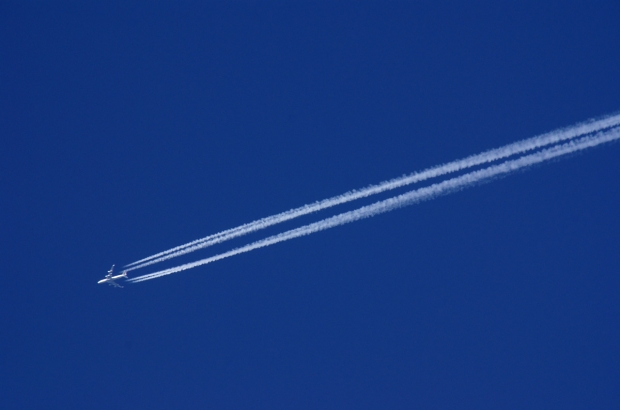- Daily & Weekly newsletters
- Buy & download The Bulletin
- Comment on our articles
Brussels Airlines ranks low in climate efficiency
Brussels Airlines has been rated 121 of 188 international airlines for its climate-friendliness. The ratings were published last week by the German climate-protection group Atmosfair and are based on airlines’ carbon dioxide emissions, or carbon footprint. For years now, Atmosfair points out, car drivers have been able to inform themselves about the carbon performance of cars, while airline passengers could not.
The research produced some unexpected results. Top of the class is Tunisair Express, which has a fleet of only four planes and which operates only to Tunisia, Italy, Malta and Libya. Their small size, however, acts in their favour as airlines are rated on overall performance, not by individual routes.
Also performing well are charter airlines, like TUIFly and Condor, which are able to operate at almost full capacity at times when routes are most popular, thus increasing their fuel efficiency; a plane full of passengers is more efficient than one with empty seats. Charter airlines also do without first class and business class, which means they can fit more seats into each plane.
Brussels Airlines achieves a higher ranking in separate categories: number 111 for medium-haul flights, and number 89 for long-haul flights more than 3,800 km. However, the number of airlines in that group is smaller. The company’s overall ratings put it in efficiency class G – the lowest. No airline made it into class A, though Belgium’s neighbours fared far better: Air France at 21; Alitalia at 22; KLM at 28; Lufthansa at 67; British Airways at 83.
Low-cost airlines like Ryanair are not included in the rankings because of their special situation: By receiving subsidies, they offer low prices that create flights where otherwise there would be none. Rated apart, the low-cost airlines fall into the efficiency classes B, C and D, with Ryanair in class B.



















